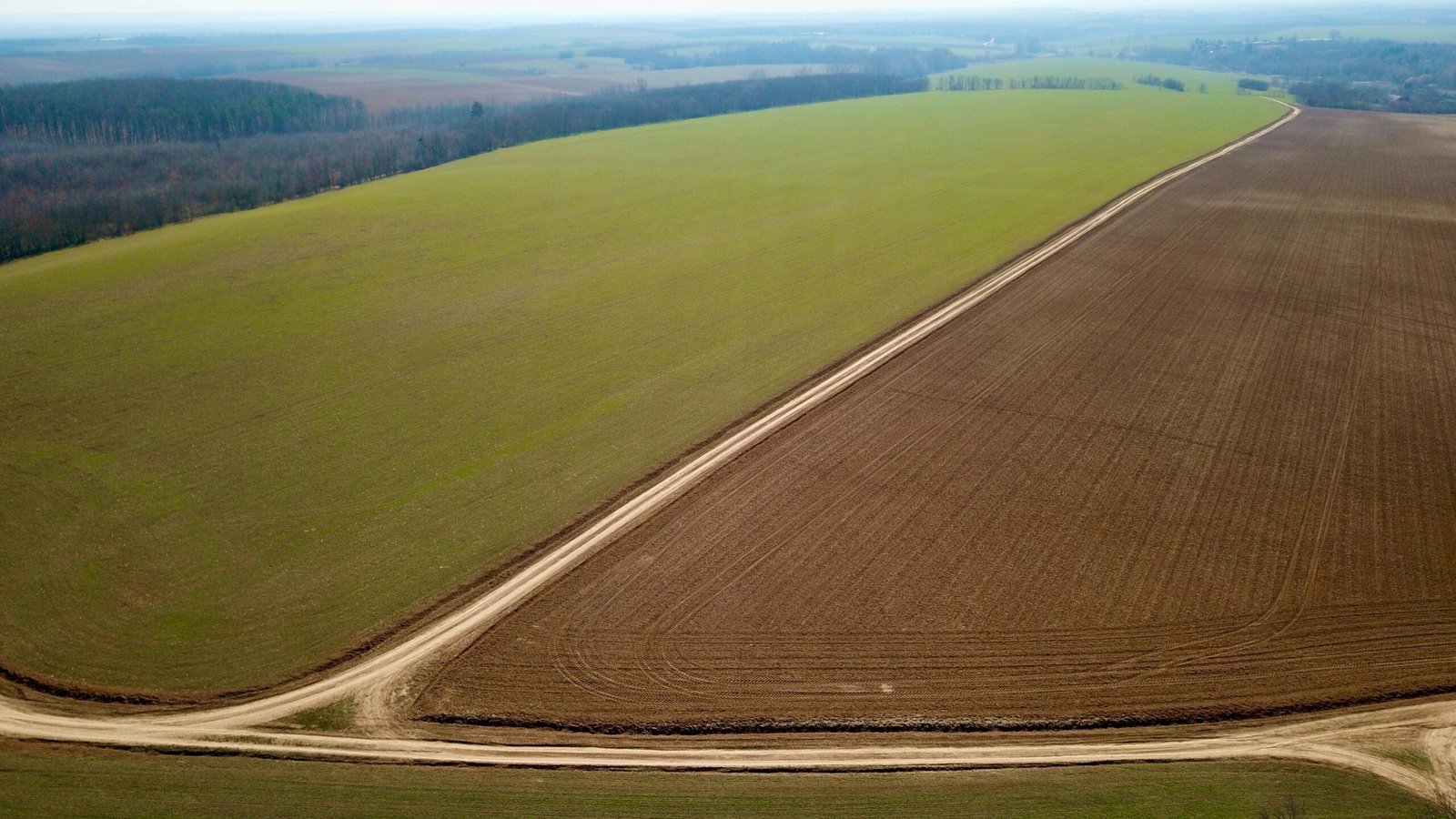In the heartland of agriculture, a profound transformation is underway, and its name is Precision Agriculture. This cutting-edge approach to farming is harnessing the power of technology to revolutionize the agricultural landscape, making it more efficient, sustainable, and economically viable. In this article, we delve into what Precision Agriculture is, how it works, its future, and why it stands as a beacon of progress.
Precision Agriculture: A Game-Changer
Precision Agriculture, often referred to as “precision farming” or “smart farming,” is a data-driven agricultural management system that leverages technology to optimize every facet of the farming process. It enables farmers to make data-informed decisions, tailoring their actions with pinpoint accuracy to enhance crop yields, reduce resource consumption, and mitigate environmental impact.
How Precision Agriculture Works
At its core, Precision Agriculture relies on an array of technologies and data sources to provide insights and improve farming operations. Here’s how it works:
- Data Collection: Modern farms are equipped with various sensors, drones, and satellite imagery to collect data on soil conditions, weather patterns, crop health, and more. This data is then stored and analyzed.
- Data Analysis: Advanced software and algorithms process the collected data to generate actionable insights. Farmers can access this information through user-friendly interfaces.
- Precision Decision-Making: Armed with these insights, farmers can precisely tailor their actions, such as planting, irrigating, fertilizing, and harvesting. This not only maximizes yields but also minimizes resource wastage.
- Variable Rate Technology: Precision Agriculture employs variable rate technology (VRT), which allows farmers to adjust inputs like water, pesticides, and fertilizers according to the specific needs of different areas within a field. This targeted approach optimizes resource use.
- Remote Monitoring: With remote monitoring systems, farmers can keep a watchful eye on their crops and livestock, addressing issues in real-time, even from a distance.
The Future of Precision Agriculture
The future of Precision Agriculture holds tremendous promise and potential. Here are some key aspects to consider:
- Sustainability: Precision Agriculture plays a pivotal role in sustainable farming practices. By reducing overuse of resources like water and chemicals, it lessens the environmental impact of agriculture.
- Increased Yields: By fine-tuning farming practices, Precision Agriculture has the potential to significantly increase crop yields, meeting the growing global demand for food.
- Economic Viability: Efficient resource management translates into cost savings for farmers. This is crucial in an industry often characterized by tight profit margins.
- Global Food Security: Precision Agriculture can help ensure global food security by making farming more reliable and less vulnerable to extreme weather events and changing climate conditions.
- Data-Driven Innovation: As technology continues to advance, the wealth of data generated by Precision Agriculture will drive ongoing innovation and improvements in farming practices.
Why Precision Agriculture Is Better
Precision Agriculture stands out for several reasons:
- Resource Efficiency: It reduces waste by precisely allocating resources where needed, thereby conserving water, fertilizers, and pesticides.
- Environmental Benefits: By minimizing the environmental impact of farming, it aligns with sustainability and conservation goals.
- Increased Profitability: The optimization of farming operations leads to higher yields and lower costs, bolstering the economic viability of agriculture.
- Mitigating Risks: Precision Agriculture enables farmers to better manage risks associated with unpredictable weather, pests, and diseases.
In conclusion, Precision Agriculture is not just a buzzword; it’s a dynamic force transforming agriculture. With the power of data and technology, farmers are ushering in a new era of efficiency, sustainability, and productivity. As the world grapples with the challenges of feeding a growing population and preserving the planet, Precision Agriculture emerges as a beacon of hope and progress on the farming horizon.
